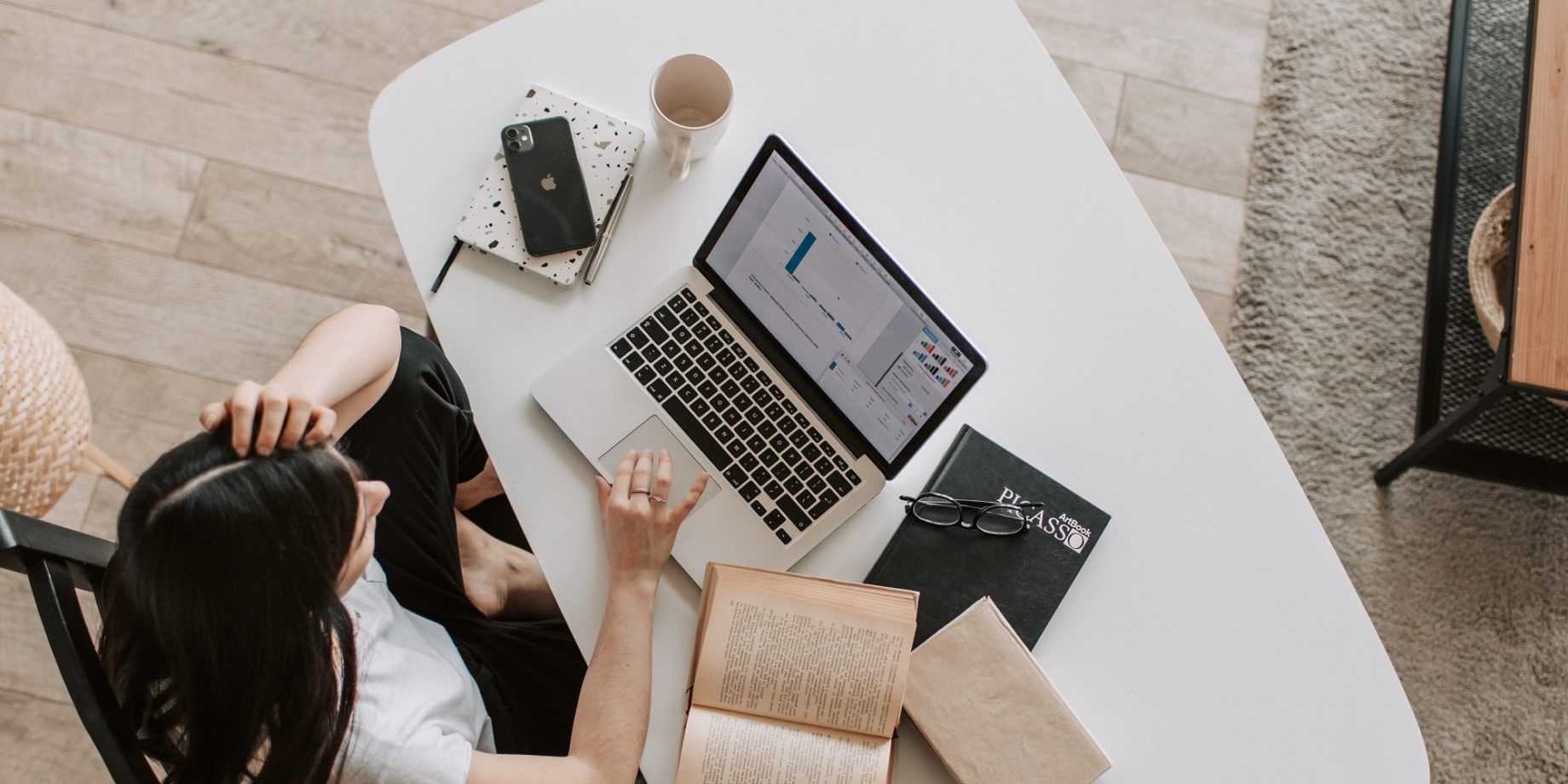Watch the highlights of the Webinar
During these challenging times – as many of us are adapting to new working routines – prioritising our wellbeing while working should be at the top of the agenda, but it often is overlooked. Which is why we invited guest speaker Emily Brinnand, a Mindset and Lifestyle coach based in Manchester, to discuss ‘Wellbeing While Working’ in the first session of our brand-new webinar series.
Here, we pull out key points from Emily’s sessions, focusing on the best ways to look after your wellbeing, whether you’re working from home for the foreseeable future or a return to the office is approaching.
- Check in on your feelings
The session kicked off with Brinnand saying “we can’t change how we feel, unless we know how we feel”, which set the tone for the following 30 minutes; being more mindful and shifting our mindsets takes time and effort, however it is worth it.
Knowing how we feel is the first step to being more mindful, whether these feelings are positive or negative, as it allows us to start changing how we feel about them. Emily introduced the ‘4 stage response to traumatic events’ and encouraged viewers to check in how they feel on a regular basis. Processing emotion and understanding this is the first way to get your feelings in check.
- Consider the three M’s
The Mindset and Lifestyle coach explained that if we want to help ourselves, we can look at incorporating the three M’s in our lives, a model created by Brinnand, which stands for Mindfulness, Mindset, and Management (of time and energy).
- Mindfulness
Being mindful is about being present to what is happening in the moment, to be fully focused on an activity and not being distracted by anything else. It is something people struggle to do often – think of your social media notifications popping on your phone whilst you are working, reading or even catching up with a friend! For this, Brinnand advised viewers to adopt ‘1-minute moments’ focused on breathing.
- Mindset
Being optimistic is achievable – it’s not about changing something, but changing how we feel about something. It is normal to feel down or unmotivated, however there are things we can all do to shift our mindset and attitude. This includes managing what we consume, whether that’s on social media, TV, or the news. Small changes like switching off notifications on your phone by 9pm and reading or relaxing, can make a positive impact.
Changing our language is also key to growing a more optimistic mindset – as an example, try swapping ‘I have to work’, to ‘I got to work’! Emily Brinnand explained that being grateful is not just a fad, 30 years of research show that it improves our mental health as it leads to higher levels of optimism and lowers levels of stress or depression.
- Management
Finally, how you spend your time is how you spend your life, so you can manage your time and energy by looking at your daily activity. One way to do it is by writing down the activities you do during the day (like getting up, showering, checking emails, and so on) and assessing what is depleting and what is nurturing. If we have a lot of depleting things in our life, we need to increase the things that bring us joy.
- Learn the importance of routine
During the session, viewers were advised to incorporate small changes in their daily routines, whether that’s 30 minutes in the morning without distraction, eating nourishing foods, doing a ‘pretend commute’, or taking a break in nature among others.
Brinnand encouraged people to try some of these steps to help feel calmer and more optimistic, and to review what they want to continue doing by building it into their day.
Prioritising your wellbeing is not always easy; it takes time, and changes do not happen overnight. By taking one small step at a time, you can start looking after yourself a little better.
For more information on the next in our webinar series, keep an eye on our webinar page, wellbeing hub and social media channels.


